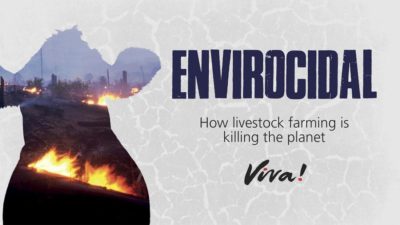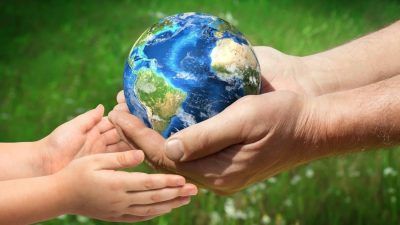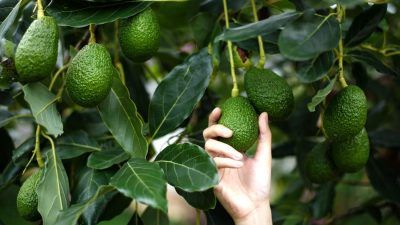Avocados and almonds – again
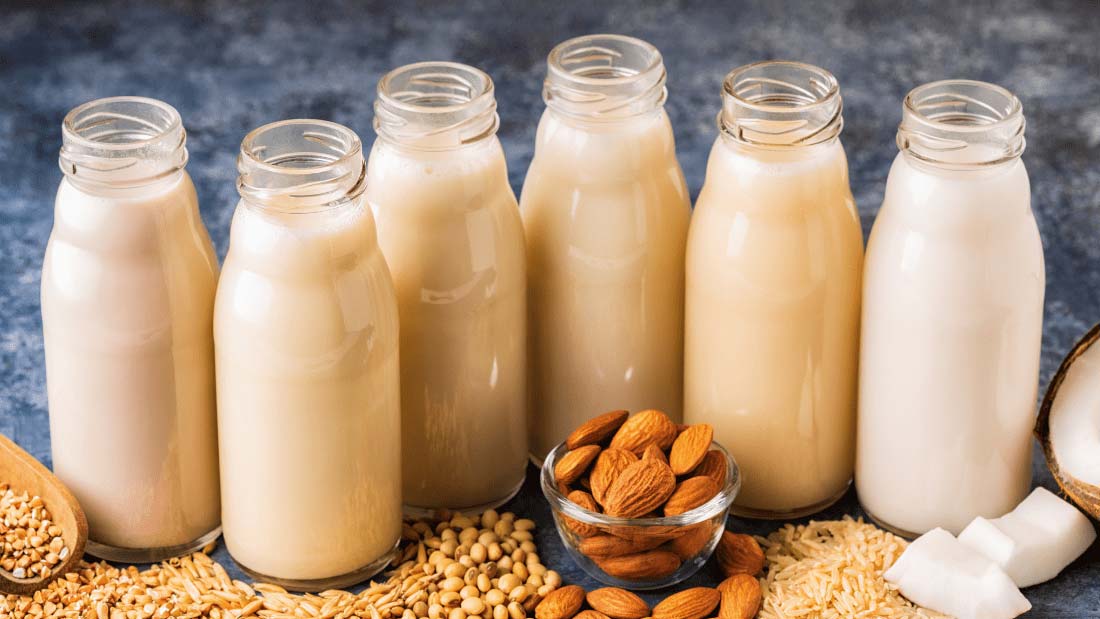
Shunning dairy for almond and soya milk and eating avocados is “disastrous” for the environment, warns livestock farmer and Countryfile presenter Adam Henson in the Daily Mail this week. This is absolute nonsense and a quick look at the numbers shows why.
Environmental researcher Joseph Poore, from the University of Oxford, compared the greenhouse gas emissions, land use and water use per kilogram of retail product of cow’s milk and plants milks, including soya and almond milk. This landmark study, which is the largest meta-analysis of global food systems to date, found that cow’s milk comes out worst every time.
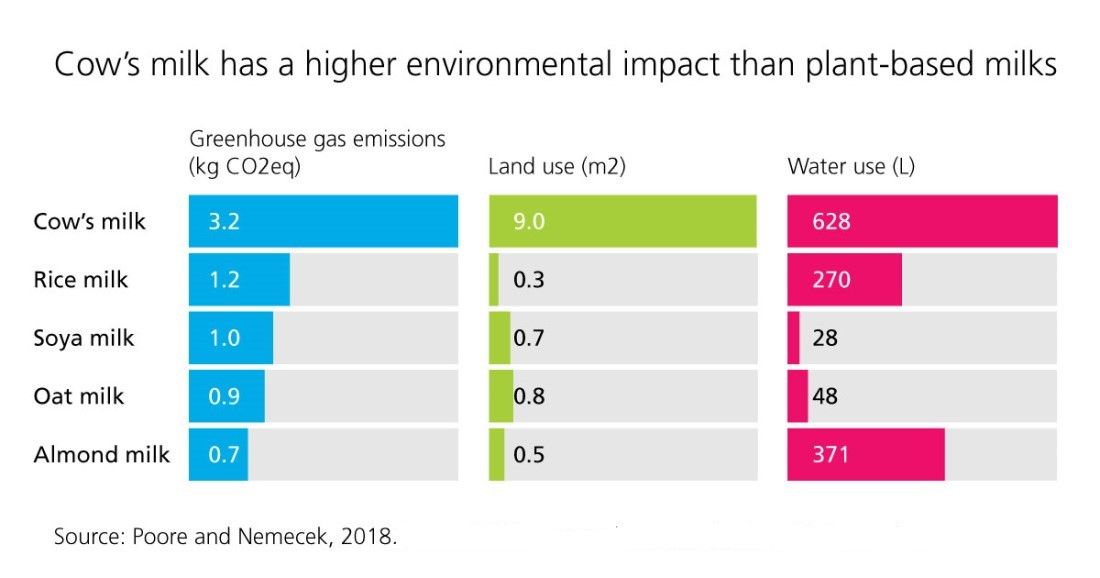
Almonds and avocados may not be as environmentally friendly as the vast majority of plant foods, but they still have a lower environmental impact than meat and dairy and advising people otherwise is simply wrong.
Henson said: “if you’re drinking soya milk, that might have come from South America and caused deforestation, the destruction of species, the displacement of indigenous people.” This shows a complete lack of understanding about soya and the environment. Just six per cent of soya beans grown worldwide are used for foods for humans – the vast majority of soya (especially that from the Amazon) is used in animal feed, drawing a direct link between burgers, steaks and deforestation. Alpro say that most of their soya comes from France, Canada (where no irrigation is needed) and some from the Netherlands and Belgium. Importantly, none comes from rainforests, Brazil or anywhere in South America. If you want to protect the rainforests, you should eat less meat.
Meat, fish, eggs and dairy use 83 per cent of all farmland, produce 58 per cent of agriculture’s greenhouse gas emissions yet provide only 37 per cent of our protein and a paltry 18 per cent of our calories.
Going vegan could halve your food-related greenhouse gas emissions. Picking one or two plant foods to try and suggest that a vegan diet is environmentally damaging smacks of desperation. As Joesph Poore says: “A vegan diet is probably the single biggest way to reduce your impact on planet Earth.”
Find out more about diet and the climate crisis here.




